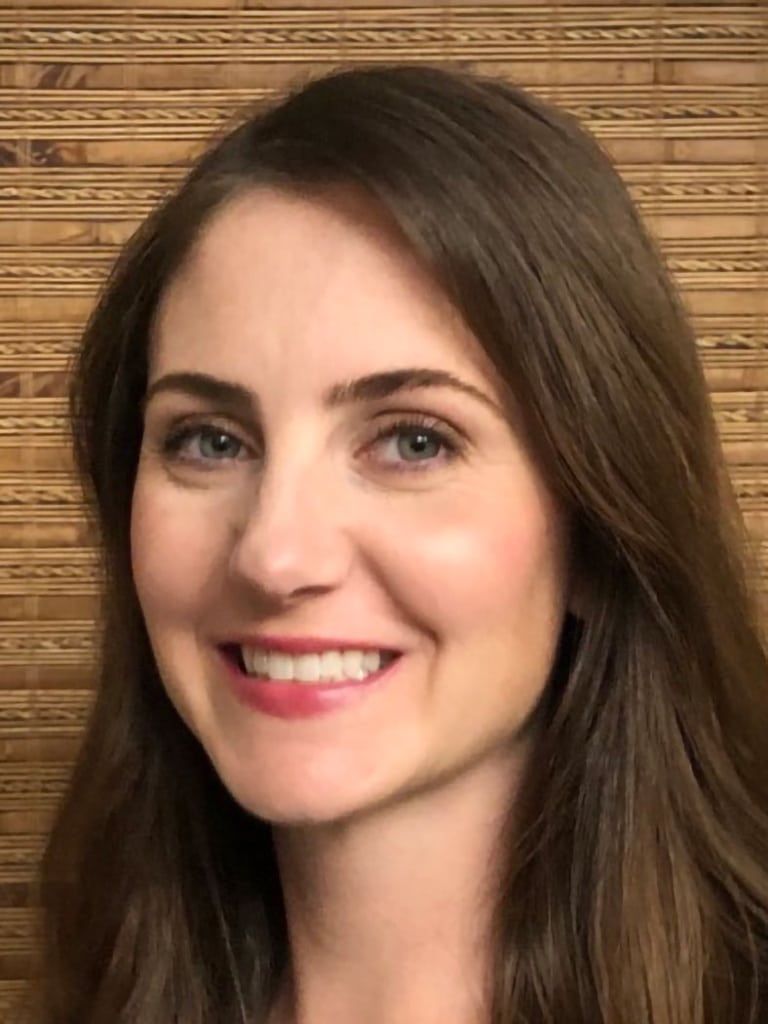I recently saw reporting from the Pew Research Center that people increasingly rely on social media like Facebook for news and political information. Like many, I usually focus my social media on family, because no matter your political beliefs or how you vote, I still want to be a good neighbor to you. Most folks I disagree with are still trying to do what they think is right by their families based on what they believe. I appreciate that.
Learning that Facebook may be the primary source of information for growing numbers of us struck me, because I’ve seen firsthand that social media posts often lack context and empathy. They can quickly stifle our willingness to consider someone else’s perspective.

So I’ve decided to speak up a little more often in favor of empathy. I think we can do better, and I’m starting with myself.
When I see a social media post that shocks or angers me — often an emotion-grabbing photo with a quote or a shortlist of inflammatory facts designed to go viral — my first instinct is to react or share it based on the limited information in the post. But when I stop and look for the original source material, like the text of the proposed law or the video of the speech where the quote originated, far too often these posts are alarmingly inaccurate. Some, me included, who recognize the inaccuracy remain silent because we don’t want to antagonize our friends, so the falsehoods remain unchecked, spreading far and wide in our networks. Our silence is seen as tacit approval by the sharer, so they hesitate a little less before sharing the next viral outrage, and the next. These divisive posts are normalized by repetition.
You can’t control what other people do, but you can control what you do.
Inflammatory viral posts help divide us into self-reinforcing groups, using fear and anger to push us further away from whoever is seen as outside our group, whether the group is a political party, race, religious affiliation, or something else. Social media posts often amplify stereotypes and falsely blame our biggest fears and worst problems on the out-group. At the same time, that out-group is experiencing the same hardening as a result of similar viral posts about the in-group. Each side is being slowly misled into believing that members of their in-group are the only ones worth helping or protecting, and the other group lacks value.
I’m speaking up now because history has too many examples of similar divisions being pushed to their breaking point. Civil wars in Bosnia and Herzegovina, Rwanda, and Afghanistan are heartbreaking examples from the last 30 years alone — during our lifetimes. The further apart a society’s groups can see themselves from each other, the easier it is for them to resort to violence or abuse each other, even on a massive scale. The justification they use is that it’s okay to hurt the other group because “They” are not like “Us.”
That is wrong. They ARE like us. We are neighbors. We are people. We are the United States of America in the year 2020. Immigrant children are our children. Police officers’ children are our children. Black children are our children. Religious children are our children. Atheist children are our children. Poor children are our children. Rich children are our children. Rural children are our children. Protecting our children and preserving our future requires protecting each other and refusing to divide ourselves based on fear and bitterness.
- JOIN THE CONVERSATION: How to submit a letter to the editor
Right now it seems like society is heating up around us. Let’s take a deep breath. It’s worth repeating that you can’t control what other people do, but you can control what you do.
Let’s promote social media content that normalizes open hearts, perseverance, and decency. Let’s step back from the narrow focus on our in-group, and see that we are all part of one larger community together. No matter who “They” are, we can feel their joy and their pain as our own.
We can do better. Our children are counting on us.
Sarah Brechwald is an attorney in Hopkinsville. Before serving as a Judge Advocate General Corps officer with the 101st Airborne Division (Air Assault) from 2014-18, she earned a Master’s Degree in International Relations from Troy University in Troy, Alabama and a Juris Doctor from the University of Texas School of Law in Austin, Texas.


